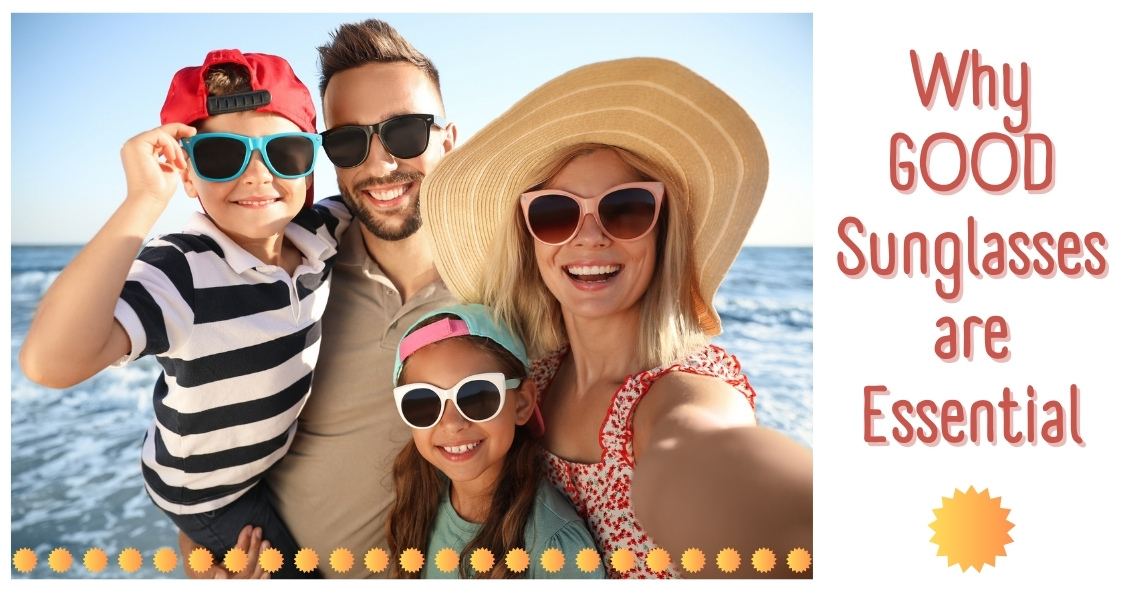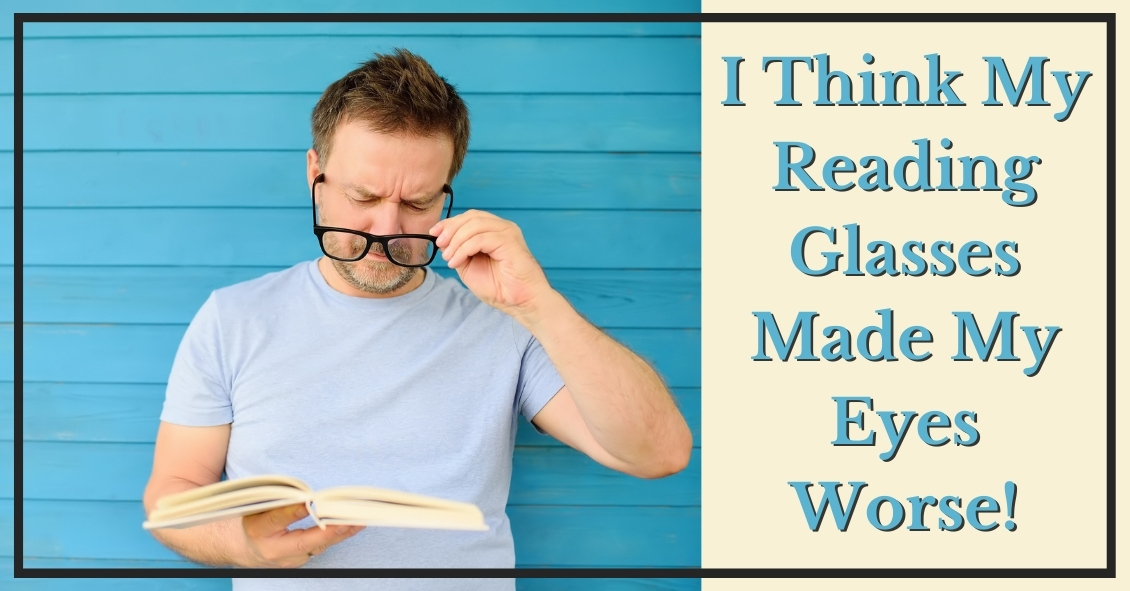Blog

The sun does some amazing things. It plays a role in big helping our bodies to naturally produce Vitamin D. In fact, many people who work indoors are directed to take Vitamin D supplements because of lack of exposure to the sunshine.
But being in the sun has risks, as well...
If sunglasses are not worn, there is a greater risk for cataracts or skin cancers of the eyelids. It is important to know that not all sunglasses are made alike. UVA,UVB, and UVC rays are the harmful rays that sunglasses need to protect us from.
However, many over the counter sunglasses do not have UV protection built into the lenses, which can actually cause more damage than not wearing sunglasses, especially in children. 80% of sun exposure in our lives comes in childhood. Without UV protection in sunglasses, when the pupil automatically dilates more behind a darker lens, more of the sun's harmful rays are let in.
The whole point is that consumers should be aware that it is vital to buy sunwear...

Will reading glasses make your eyes worse? The short answer is "No."
Although we don’t know the exact mechanism by which humans lose the ability to focus up close as we age (a process called presbyopia), the fact remains that it happens to almost all of us.
The leading theory of how this occurs is that the lenses in our eyes get stiffer and thicker as we age--one of the muscles in the eye that contracts to change the shape of the lens does so less and less effectively because the lens itself gets less pliable.
The process of changing the focus of the lens from far away objects to up-close objects is called accommodation. If you have normal distance vision without glasses, then your eye's natural focus spot is far off in the distance. In order to focus on an object close to you, the lens in your eye has to alter its shape. The ability of your lens to do that is at its best when you are born and it slowly gets less and less pliable as the years go on. You have such a...


